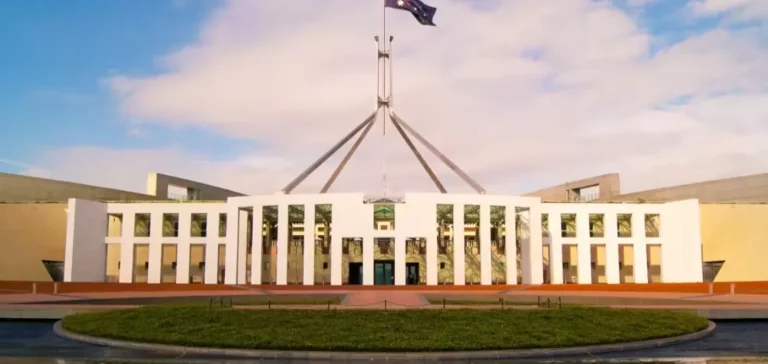The Australian government has outlined a new direction for its bioenergy policy with the release of a consultation paper on its National Bioenergy Feedstock Strategy. This plan, led by the Department of Agriculture, explicitly excludes certain feedstocks such as used cooking oil, municipal waste, and non-biogenic sources like green hydrogen.
This decision reflects a strategic shift toward materials derived directly from the agricultural and forestry sectors. The government aims to support the development of local supply chains based on established resources such as canola, tallow, woody biomass, sugarcane, and sorghum.
Targeted financial support for mature pathways
The plan will be implemented in coordination with the Cleaner Fuels Program, which is backed by AUD1.1bn ($710mn) over ten years. The programme aims to boost production of low-emission liquid fuels, including renewable diesel and sustainable aviation fuels, by focusing on technically proven solutions.
The exclusion of emerging technologies, such as Fischer-Tropsch and alcohol-to-jet processes, signals a preference for established agricultural biofuel pathways, particularly the hydroprocessed esters and fatty acids method. Authorities also confirmed that hydrogen will not be part of the bioenergy feedstock pool, although it remains eligible for support through the AUD2bn Hydrogen Headstart Program.
Waste streams removed from the immediate scope
While used oils and municipal waste remain relevant in a broader circular economy context, they are not included in this agriculture-driven strategy. This reflects a clear separation between support policies for different energy pathways.
The consultation paper has received positive responses from industry representatives. The Australian Forest Products Association welcomed the recognition of the economic potential of wood and forestry residues for bioenergy production.
A strategy linked to agricultural exports
Australia currently exports nearly AUD4bn worth of agricultural feedstocks that could be converted into biofuels domestically. The government views this as an opportunity to enhance energy sovereignty and generate local added value.
Stakeholders, including producers and industry associations, have until November 7 to submit their feedback. A separate paper detailing the operational design of the Cleaner Fuels Program is still pending.






















